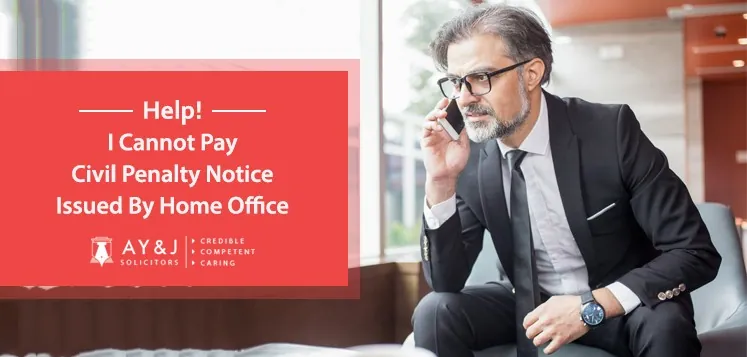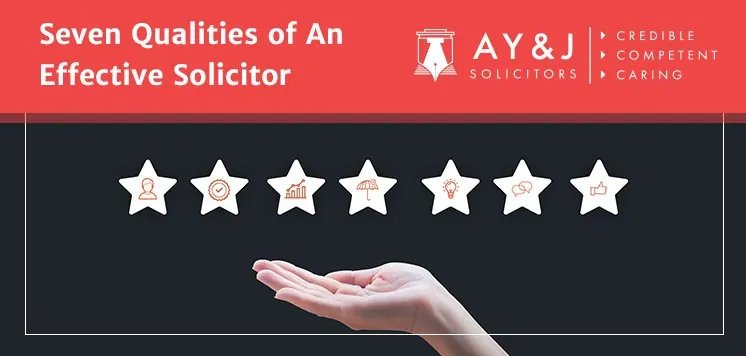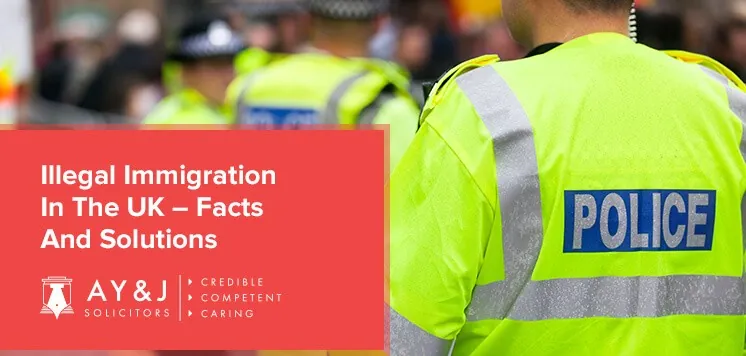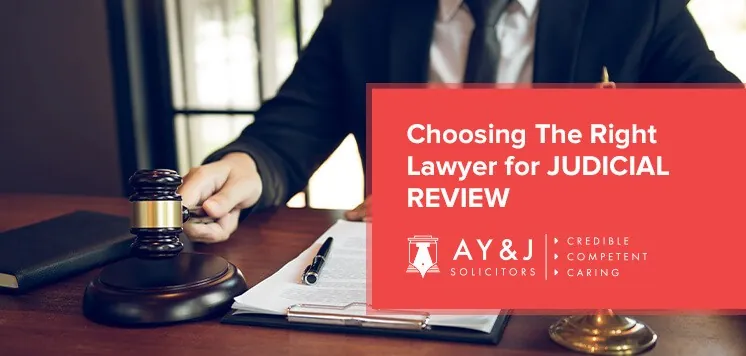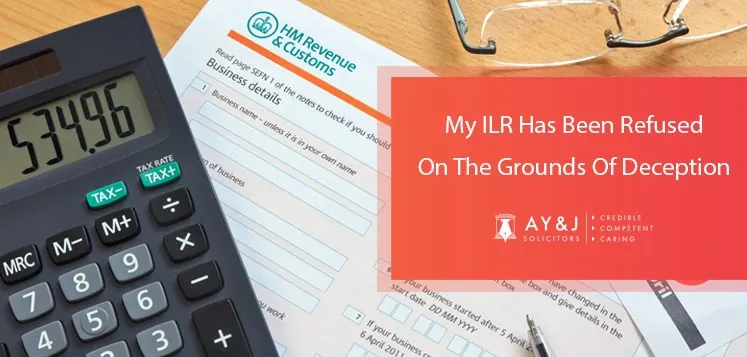Receiving a civil penalty for unknowingly employing illegal employees is one of the biggest upsets an employer can face. Often, a Civil Penalty Notice comes after an organisation has received a surprise visit from UK Visas and Immigration (UKVI) officials who discover that, unbeknown to you, non-EEA workers who do not have a valid visa have been working in your business. If this happens, you face a civil penalty (fine) of up to £20,000 for each illegal worker, and your business’s details may be published by Immigration Enforcement as a warning to other businesses not to employ illegal workers. This can leave a considerable dent in your organisation’s profit and damage to your personal and business’s reputation.
Can I challenge a civil penalty received for employing illegal workers?
It is possible to challenge a civil penalty under certain circumstances. In fact, in some circumstances, it is advisable to challenge the charges. Examples include:
- If there are illegal workers named in your letter that are not your employees
- You have conducted Right to Work checks on the workers listed as illegal, and you have evidence of these checks (this is called claiming a statutory excuse). For more information on Right to Work, checks click here. Contact us.
- If you have good evidence against the Home Office claim
- If you have already reported information or concerns about a worker listed as illegal
It’s advisable to consult with an immigration lawyer before issuing a challenge. There have been situations where penalties have been increased following a challenge being made against the charge of employing illegal workers. An experienced immigration solicitor will swiftly establish whether it is in your best interests to contest the allegations.
The process of challenging a civil penalty charge begins with a formal objection. If your reasons are solid, and there is documentation to support your position, the Home Office may respond by decreasing the fine or withdrawing the charges. If this is not the case, you may choose to appeal to the court. If you engage an experienced immigration solicitor to advise and represent you, they can send a pre-action letter to the Home Office, stating why your organisation should not be subject to a civil penalty. Often this is enough to have the allegations withdrawn.
What if I cannot afford to pay the civil penalty?
If you don’t mount a defence against the civil penalty, you may face very serious repercussions. Civil penalties can impact your sponsorship abilities, business reputation, access to credit, and even lead to criminal charges and a prison sentence.
There are circumstances which may result in the civil penalty being decreased. These include:
- If you pay immediately, the penalty is reduced by 30%
- If there are mitigating factors, you may receive a reduction in the penalty. Mitigating factors include:
- If this is your first offence;
- If you have reported the suspected illegal worker to the Home Office; or
- If you have been cooperative and respectful to all officers, and have corrected any compliance issues.
When you receive a civil penalty, your best chance of a successful defence will come with instructing an immigration lawyer who has experience in dealing with UK Sponsor Licence matters. According to the most recent government guidance, any instance where a civil penalty is challenged may result in an increase in penalties. Your lawyer will be able to give you the most appropriate course of action based on your situation.
Example of a successful immigration civil penalty challenge
In one notable case, a restaurant was facing maximum civil penalty fines of up to £40,000 after an audit. The decision of UKVI was based on a misunderstanding and poor judgment by the enforcement officer. The firm immediately contacted an immigration law team who worked quickly to gather evidence and challenge against the decision. The penalty was removed, and the firm was able to continue doing business without any reputation or financial impact.
How to avoid a civil penalty – make sure you comply with your Sponsor Licence duties and responsibilities
To avoid employing illegal workers and facing penalties from the Home Office, it is imperative that you take your Sponsor Licence duties and responsibilities seriously. Examples of Tier 2 and 5 Sponsor Licence duties include:
- Keeping up-to-date records about all sponsored workers, including their current address, job position and description, copies of their passport, Tier 2 or 5 visa, Certificate of Sponsorship and the date their visa renews
- Making sure Key Personnel are fully trained in their responsibilities and are aware of the consequences of non-compliance
- Keeping up to date with any changes to the Sponsor Guidance
- Ensuring all relevant information is put into the Sponsor Management System
- Carry out correct ‘right to work’ checks when taking on all new recruits
The methods used by an organisation to comply with Sponsor Licence duties and responsibilities will depend on the size and complexity of the business. Large companies will be expected to invest in an appropriate HR system. SMEs may satisfy compliance criteria by using spreadsheets which records the types of leave and expiry dates, together with electronic calendar reminders to the relevant individuals within HR. Reminders should go to more than one person in case the relevant person is away on holiday or absent due to sickness.
One way to ensure you are complying with your Sponsor Licence duties and responsibilities is to instruct an immigration lawyer to manage the Sponsor Management System on your behalf. This will ensure that it is kept up-to-date and nothing is missed. Your immigration solicitor can also undertake mock audits on your HR systems to check they will stand up to any scrutiny by Home Office officials if an unannounced visit is paid.
We are Here to Help
The immigration lawyers at A Y & J Solicitors are here to help you. We are known for providing honest, trustworthy, and successful service to our valued commercial clients. Please feel free to contact us on +44 20 7404 7933, or email us at contact@ayjsolicitors.com.
Disclaimer: No material/information provided on this website should be construed as legal advice. Readers should seek an appropriate professional advice for their immigration matters.

